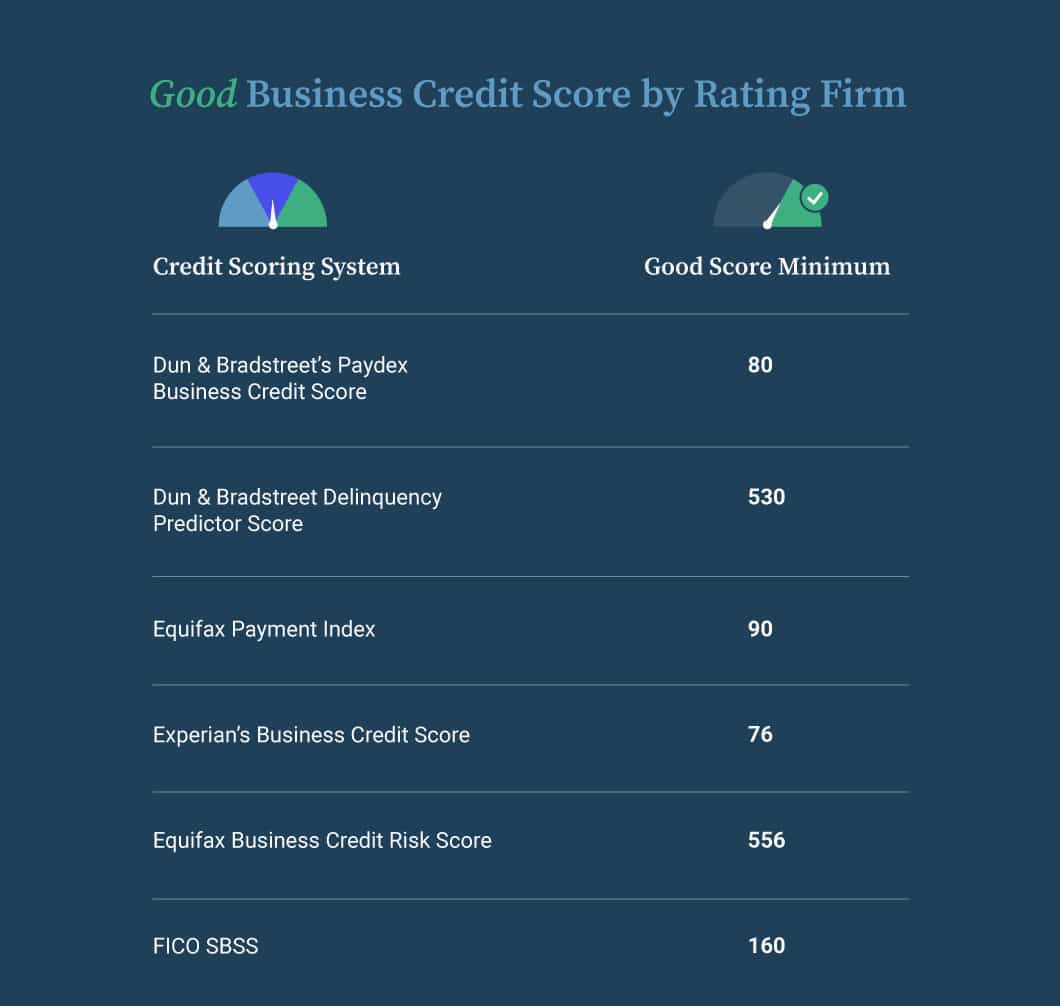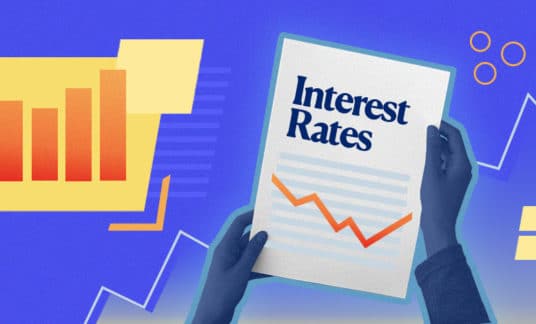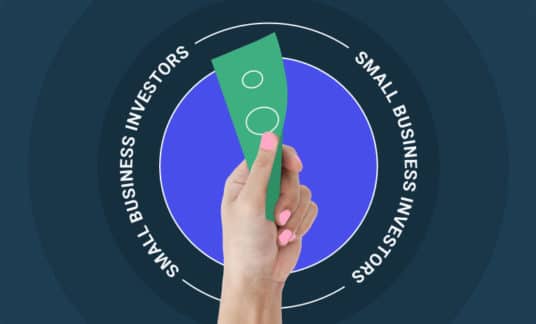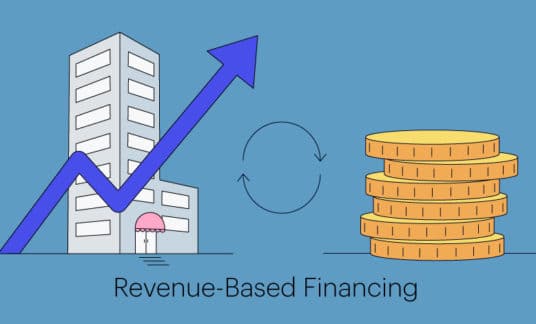There’s no doubt about it: Your business credit score is important.
Whether you’re looking to secure a small business loan, take out a lease or obtain insurance, your chances of approval and offered terms are dependent on your credit score.
It’s in your best interest to know what factors contribute to your business credit score and what actions you can take to improve it, including:
- What is a business credit score?
- What is a “good” score?
- How do you find your business credit score?
- How are business credit scores calculated?
- How do you improve your business credit?
- Why does it matter?
What Is a Business Credit Score?
A business credit score is a measure of your company’s creditworthiness.
Lenders use this score to assess the risk profile of your business. Several factors go into your credit score, including your company’s payment history, credit usage and overall financial stability.
The exact calculations used to generate a credit score vary among credit-rating firms. That said, credit-score models typically incorporate legal filings, the business’s age and the business owner’s financial profile.
Business vs. Personal Credit Scores
Personal credit scores are used whenever you apply for a personal loan or credit card. These scores range from 300 to 850 and consider factors such as your number of credit accounts, age of credit and credit utilization. Scores exceeding 800 are typically regarded as excellent.
On the other hand, business credit score scales vary by credit-rating firm. These scores often range from 0 to 100, with anything over 80 considered very good or excellent with creditors deemed low risk for late payments.
As with a personal credit history, business credit scores take into account several factors that impact the creditworthiness of your business, such as legal filings and the amount of outstanding credit.
If you’re a new or small business, or still are establishing a credit score for your business, you may be asked to authorize personal credit checks (and personally guarantee) any small business loans that you apply for.
What Is a Good Business Credit Score?
The definition of a good business credit score varies with the different rating firms.
Dun & Bradstreet (D&B), Equifax and Experian all have business credit scores that range from 0 to 100, but their definitions of good vary. Good D&B scores are anything over 80. For Equifax, it’s 90. For Experian, it’s 76. FICO is an outlier, with scores that range from 0 to 300. Businesses need FICO scores of at least 160 to qualify as “good.”
These firms offer business credit scoring models and business credit rating scales.
Dun & Bradstreet’s Paydex Business Credit Score
Dun & Bradstreet maintains credit data files on businesses of all sizes. Dun & Bradstreet’s primary business credit scoring system is called Paydex.
According to the firm, the Paydex score closely relates to a personal FICO score. The Paydex score considers a business’s record of payments to creditors over the past year. The range is between 0 and 100. A Paydex rating of 80 or more is considered good.
Dun & Bradstreet Delinquency Predictor Score
This Dun & Bradstreet rating system ranges from 101 to 670. It’s based on an algorithm that predicts the odds that your business will fall seriously behind on creditor payments or seek legal protection (i.e., filing for bankruptcy protection) from creditors within the year.
The higher your score, the better. A 530 is considered good. With this score, you’ll get a risk-assessment ranking (Delinquency Predictor Risk Class) of between 1 and 5, with 1 being the least risky.
D&B Failure Score
Formerly, the Dun & Bradstreet Financial Stress Score (FSS), the D&B Failure Score predicts the probability that a business will seek legal protection from its creditors or cease operations without paying creditors in full.
A business’s D&B Failure Score is calculated using these components:
- Failure percentile of 1-100
- Class of 1-5
- Score ranging from 1,001-1,875
The lower a business scores, the higher the risk that it will fail in the next 12 months.
Equifax Payment Index
The primary Equifax business score is called the Payment Index. It measures a company’s payment habits.
The index ranges from 0-100. A score of 90 or greater indicates a company has paid as agreed. A score of 80-89 indicates it’s past due 1-30 days. A score of 60-79 indicates 31-60 days past due and 40-59 indicates 61-90 days past due, continuing on the lower the score gets.
Equifax Business Credit Risk Score
Equifax also provides a Business Credit Risk Score, which predicts the likelihood of a business incurring a 90-day severe delinquency or charge-off in 12 months.
Equifax Business Credit Risk Scores range from 101-992, with lower scores generally indicating higher risk. Reportedly, a score greater than 556 is considered good.
Equifax Business Failure Score
A third business credit rating that Equifax offers is the Business Failure Score, which predicts the likelihood of a business failing through a formal or informal bankruptcy in the next 12 months.
Scores range from 1000-1610, with a lower score indicating higher risk.
Experian’s Business Credit Score
Experian provides a blended score that factors both the company’s information and the business owner’s details.
Businesses are rated on a scale of 0-100. A score of 76 or more is considered low risk.
FICO Small Business Scoring Service
FICO aggregates data from the other 3 credit-rating firms. The SBSS scoring model runs on a scale from 0 to 300. The FICO SBSS score is commonly used by the Small Business Administration when determining whether to approve an SBA loan.
The SBA requires a minimum FICO SBSS score of 160, considered “good.”
See if you qualify for business financing.
How to Check Your Business Credit Score
Your business credit score isn’t a secret. It’s available to anyone who cares to take a look at it, including your vendors.
Unlike personal credit reports, business owners aren’t entitled to a free copy each year. You’ll have to pay to see your commercial credit score and report.
Dun & Bradstreet
Dun & Bradstreet offers business owners a notification service called Credit Signal® that alerts you if your score has changed. Additionally, if you want to check your business credit score, the company sometimes advertises a limited-time offer where you can access your business credit score for free. These offers aren’t permanent, though, and it’s probably not wise to rely on a temporary free service to monitor your business credit score.
Equifax
You can purchase a copy of your Equifax business credit score on the firm’s website. You’ll be able to see everything Equifax reports to potential creditors about your business, including your credit risk score, your business failure score, your payment history and more.
Experian
Through the Experian website, you can access your small business credit report. Your report is also available to anyone else who wants to see it.
FICO
According to FICO, SBSS scores are delivered through FICO’s LiquidCredit Service. However, they aren’t as easily accessible as the other small business credit reports. What’s more, lender scores can vary because some lenders may place more weight on certain scoring factors.
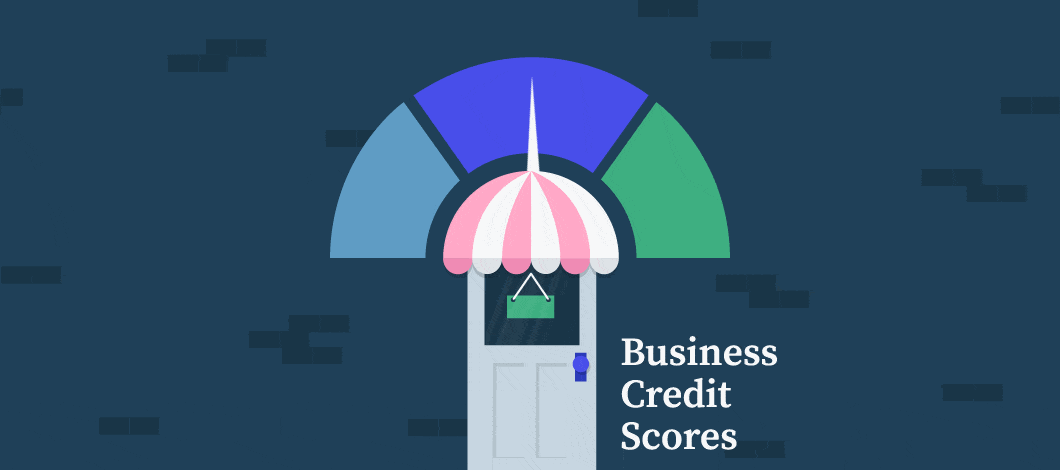
How Are Business Credit Scores Calculated?
Many considerations are taken into account with a commercial credit score. The exact method that each agency uses to calculate its scores is a closely guarded secret.
The data used to calculate business credit scores is collected from a range of sources that include:
- Business registration documents
- Articles of incorporation
- Credit applications
- Business tax filings
- Personal tax filings
- Legal filings
- Industry statistics
- Creditor reports
- Business owner reports
- Public records like tax liens and bankruptcy filings
Ways to Improve Your Small Business Credit Score
If your business credit report has room for improvement (or you’re working on establishing business credit), you can take specific steps to set yourself up for success.
As with personal credit scores, changes can take 30 days or longer to propagate to all the credit-reporting firms. So be patient and continue making positive steps for building business credit, such as the following:
- Monitor your business credit report routinely. Because it’s available publicly, there’s an increased risk for fraud.
- Pay creditors on time (or early) if possible. Business credit agencies reportedly give better scores if vendors report early payments.
- Alert creditors if payment will be late and let them know when to expect it. You may be able to avoid a “late payment” report to credit agencies if you’re upfront about your situation.
- At least a couple of financing advisory websites recommend keeping your credit utilization percentage to 30% or below. The ratio of credit available to credit used is a significant factor in your company’s credit score.
- Choose your creditors wisely. Borrow only from reputable companies, preferably those that report payments to the major credit agencies.
- Open a business credit card. This will help younger businesses establish credit faster.
Why Your Small Business Credit Rating Matters
Financial institutions use your business credit rating to predict how likely you are to satisfy debt obligations. Based on their assessment, lenders will approve or deny a credit request, and they will determine what rates and terms you qualify for.
In addition to lenders, insurers consider these scores when determining policy rates. When determining trade credit terms, vendors and suppliers may also refer to your small business credit score. (In the same regard, these companies can also help build business credit if they report to the credit bureaus.)
Keep in mind, the better your credit score, the higher your borrowing potential and the more favorable terms you’ll receive.



